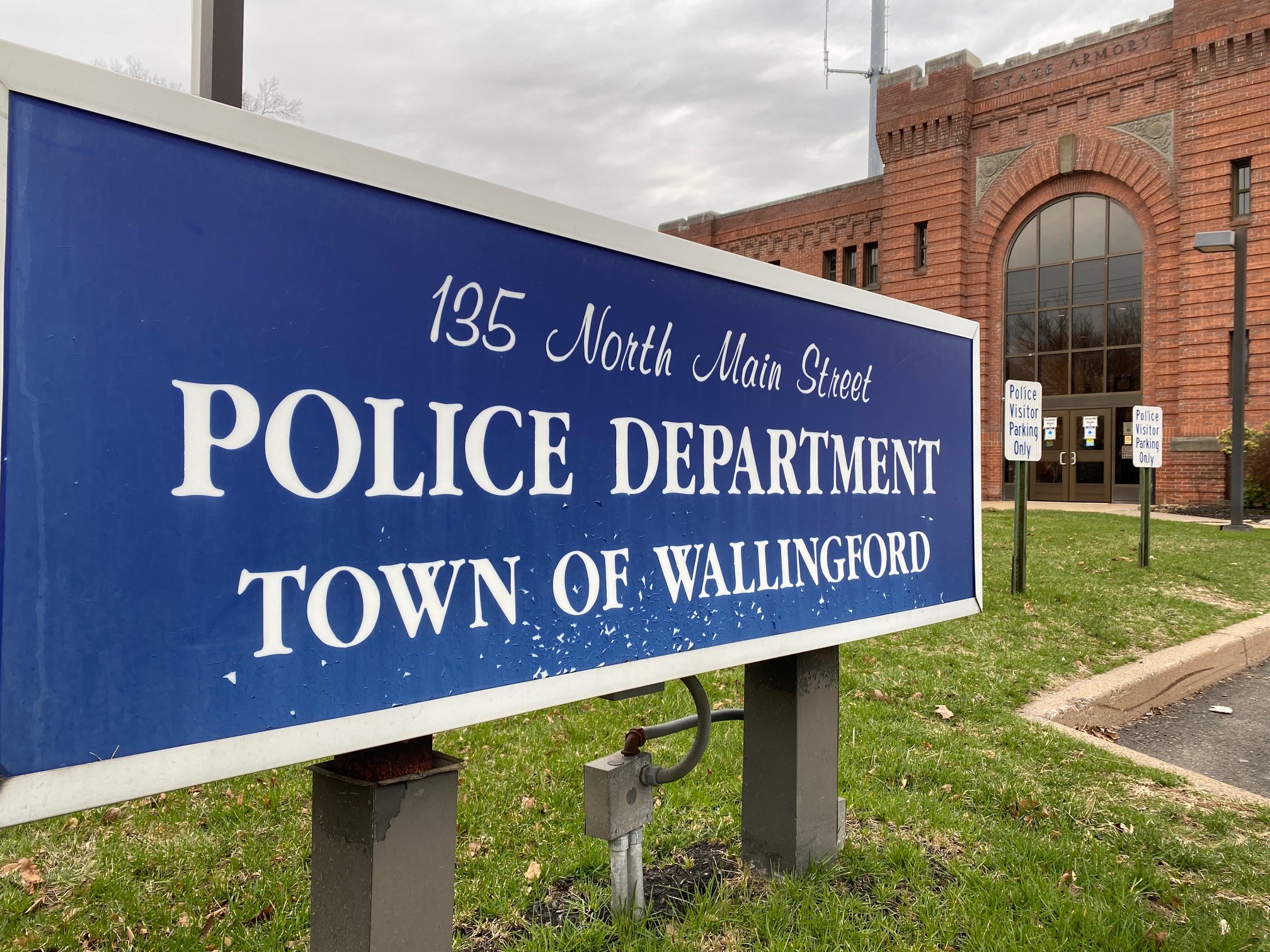Democratic gubernatorial hopeful Ned Lamont says municipalities sharing services will be critical to his plan to cut property tax rates across the state.
“That's one of the reasons the property tax is so high in so many places and I've got to draw that link,” said Lamont, making his second run for governor, and third overall bid for statewide office.
Lamont announced last week his plan to reinstate a property tax rebate to residents that was disbanded during recent budget negotiations.
He says coming up with a way to allow home and car owners to get up to $1,000 back in some cases is one of the ways to lure more people back to Connecticut. One of his ways to find the savings in order to pay for that rebate is based on more regional cooperation.
Read more about regionalism in NBC Connecticut Investigates At a Price! series.
“If I'm Coventry and I love my feisty independence and I don't want to share services, OK but if I can show you real tangible savings in your property tax deduction, it allows us to get a little more energy behind this,” Lamont said. “Does that mean we need 169 tax collectors?”
Regionalism is a topic that has been discussed for decades in Connecticut but it has never been seriously addressed at a policy level by the General Assembly.
Local
Many municipalities and groups have argued that regionalism efforts would not save local or state taxpayers any money since those smaller cities and towns are more responsible with their money, not running deficits year after year the way the state has since 2014.
However, Lamont points out, many of those municipalities depend on the state for aid which helps them balance their budgets. Lamont says he wants to come up with an incentive structure to lure cities and towns toward cutting their budgets and sharing both basic and more complex functions.
“If four towns in the valley want to coordinate their school bus rather than have each and every one of them buy separately, I'll help you do that with some incentives for the first year or two, but at the end of the day, they've got to do it. That's how they're going to reduce cost in that area."
Lamont acknowledges that some of the state’s wealthier towns, many of which are in Fairfield County, have no interest in sharing services, especially not with larger cities like Norwalk or Bridgeport, and he says that’s fine, and that decision will be linked to their state aid.
"If you think you're getting a good deal and you're happy to keep paying the property tax as is, steady as she goes, but I can't as a governor subsidize inefficiency."



